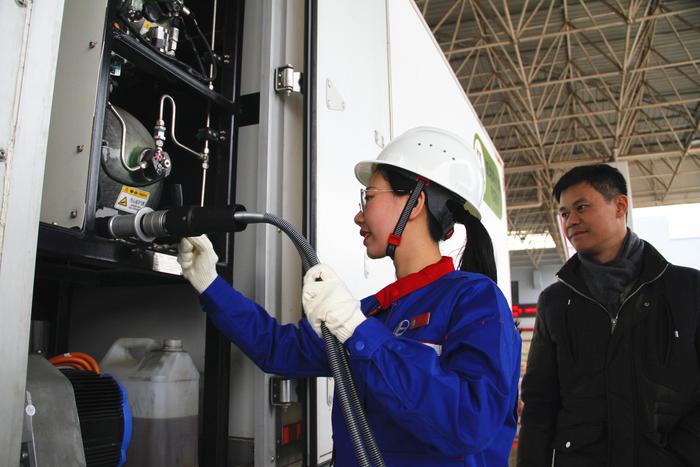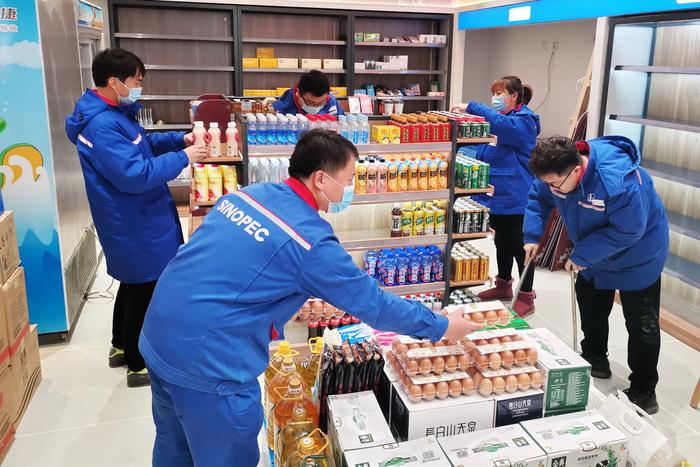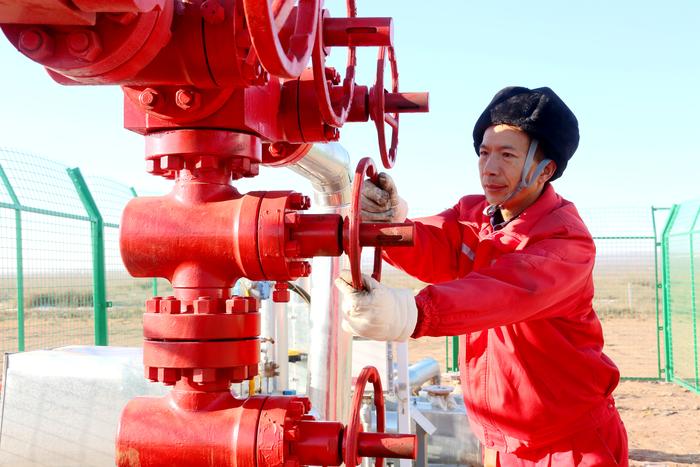|
| 2020-12-14 来源: 中国石化新闻网 |
| 石化新闻 |
中国石化新闻网讯 据油价网2020年12月8日莫斯科报道,俄罗斯日前已暗示,俄罗斯可能已开始为全球长期原油需求的永久性下降做准备,即使是在冠状病毒疫情大流行的破坏性影响结束之后。 俄罗斯财政部副部长弗拉基米尔·考利切夫日前在接受彭博社记者采访时表示,“全球石油消费高峰可能已经过去。从长期来看,石油需求永久性下降的风险正在上升。” 在这一点上,考利切夫并不是唯一的一个持这种看法的人。他认为石油消费已见顶或将比此前预期更早见顶的观点,正迅速成为一种新的行业共识,它将推动长期投资决策。就俄罗斯而言,这些决定至关重要,因为石油收入仍在俄罗斯国内生产总值(GDP)中占相当大的比例。 目前,考利切夫告诉彭博社,俄罗斯财政部正在研究石油需求长期发展的几种情况,不同程度的需求下降,但他没有透露任何关于这些情况的细节。 目前,俄罗斯似乎还没有明确的能源转型计划,尽管莫斯科今年早些时候发布了一份氢经济路线图,其中零排放的氢将成为俄罗斯能源出口的主要组成部分。根据氢经济路线图,俄罗斯天然气工业股份公司将在未来4年内开始生产清洁氢,而俄罗斯大型液化天然气公司诺瓦泰克也在规划未来的氢项目,以减少对石油的依赖。 清洁能源目前在俄罗斯能源生产中所占比例并不大。太阳能和风能发电只占总发电量的不到1%,作为发电组合的一部分几乎可以忽略不计。另一方面,水力发电占俄罗斯总发电量的四分之一以上,这或许具有讽刺意味,这让俄罗斯领先于一些环保意识更强、有雄心勃勃的可再生能源计划的国家。 尽管缺乏准备,现在似乎是开始准备的最佳时间。和其他主要石油生产国一样,俄罗斯不仅受到新冠肺炎疫情的打击,还受到疫情造成的石油需求破坏的打击。与大多数国家不同的是,由于实行了有限的封锁,俄罗斯经济迅速反弹,尽管这些封锁可能导致俄罗斯成为全球受影响第4严重的国家。 事实上,正是考利切夫最近在接受英国《金融时报》采访时表示,得益于政府实施的措施,俄罗斯经济的反弹速度快于欧洲经济体,这些措施包括增加公共支出和一项外部观察人士认为有限的刺激方案。考利切夫补充说,如果不是欧佩克+达成减产协议,疫情对俄罗斯经济的影响将是微不足道的。这是其他欧佩克+协议参与者的看法,也是这个扩大的石油卡特尔上周同意从下月开始按照俄罗斯的提议,将石油日产量提高50万桶的原因。 无论俄罗斯财政部正在研究何种情况,在可以预见的未来,石油仍将是俄罗斯的一种重要的大宗商品。在今年的危机中,莫斯科拒绝动用其1670亿美元的主权财富基金直接向家庭和企业发放救济款,而是选择了减税和对有子女家庭的直接资助,这并非巧合。 李峻 编译自 油价网 原文如下: Russia Braces For Permanent Decline In Oil Demand Russia has signaled it may be starting to prepare for a permanent decline in crude oil demand over the long term, even after the devastating effects of the coronavirus pandemic are over. “The peak of consumption may have already passed,” Deputy Finance Minister Vladimir Kolychev told Bloomberg in an interview. “The risk is rising in the longer term.” In that, Kolychev is far from alone. The view that oil consumption has already peaked or will peak much sooner than previously expected is fast approaching the status of a new industry consensus that will drive long-term investment decisions. In Russia’s case, these decisions are critical because oil revenues still make up a sizeable portion of GDP. At the moment, Kolychev told Bloomberg, the Finance Ministry is studying several scenarios for oil demand development over the long term, with different levels of demand decline, but he did not go into any details about the scenarios. For now, it appears there is no clear plan for an energy transition, although Moscow earlier this year released a roadmap to a hydrogen economy, in which zero-emission hydrogen will feature prominently in Russia’s energy export mix. According to the roadmap, Gazprom would begin producing clean hydrogen in four years, and Novatek, the LNG major, is also planning hydrogen projects for a less oil-dependent future. Speaking of clean energy, it does not make up much of Russia’s energy generation right now. At a meager less than 1 percent of the total, solar and wind are negligible as a part of the electricity generation mix. Hydropower, on the other hand, makes up more than a quarter of Russia’s total electricity production, which perhaps ironically puts it ahead of some more environmentally conscious countries with ambitious renewable energy plans. Despite the lack of preparation, now seems to be the best time to start preparing. Like other major oil producers, Russia has been hit not only by the pandemic but also by the oil demand destruction it created. Unlike most, its economy rebounded quickly because of the limited lockdowns, even though these likely contributed to Russia being the fourth worst affected country in the world. In fact, it was Kolychev who recently told the Financial Times in an interview that Russia’s economy rebounded faster than European economies thanks to the measures implemented by the government, including an increase in public spending and a stimulus package that external observers have called limited. Kolychev added that were it not for the OPEC+ deal to cut oil production, the effect of the pandemic on Russia’s economy would have been negligible. This is a sentiment other OPEC+ deal participants share, too, and it was the reason why the extended oil cartel last week agreed to start boosting oil production by half a million barrels daily from next month, which Russia proposed. Oil will continue to be an essential commodity for Russia for the observable future, whatever scenarios the Finance Ministry is studying. It’s no coincidence that during this year’s crisis, Moscow refused to tap its sovereign wealth fund of $167 billion for direct handouts to households and businesses but instead opted for tax relief and direct support for families with children. |








